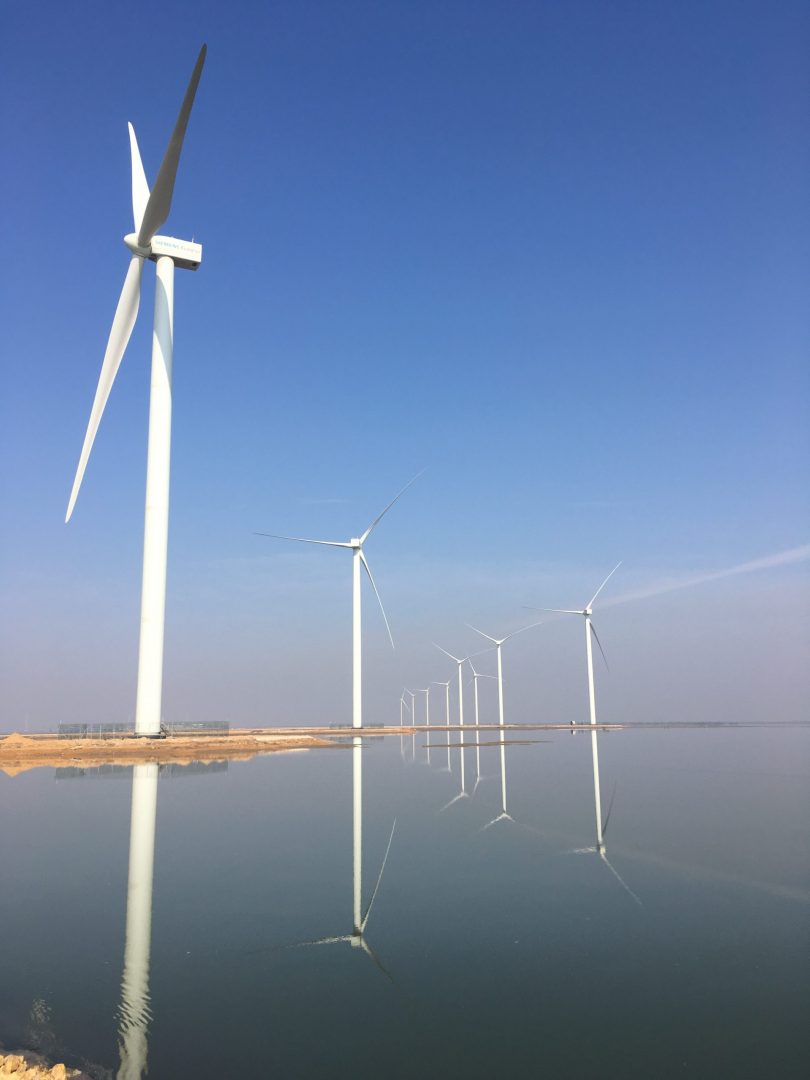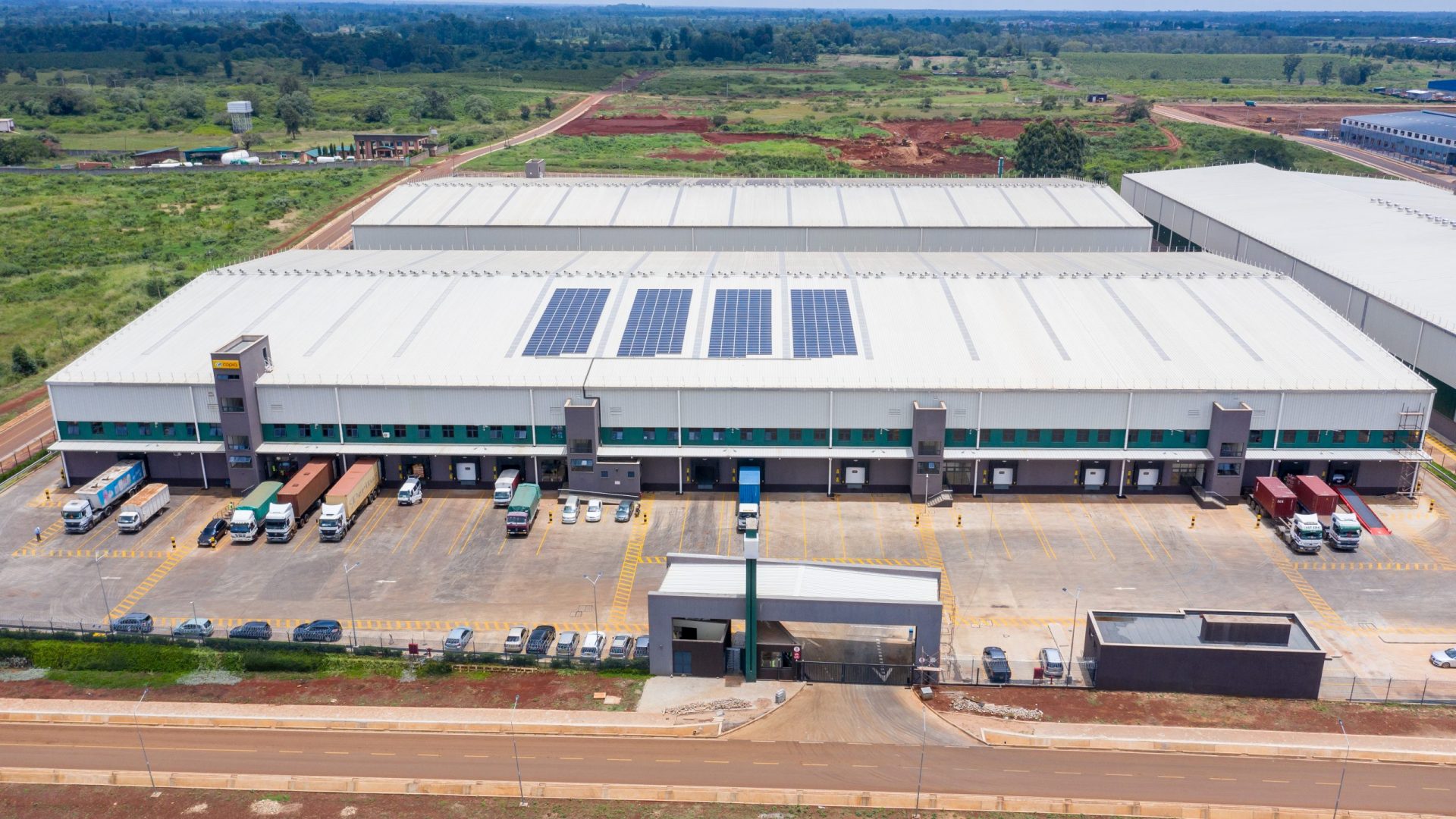The value of investing in women – according to the businesses putting it in to practice
Investing in women is good business. According to Morgan Stanley, workforces which include women at all levels correlate with those reporting better returns. On top of that, women are also playing an increasingly important role as customers – by 2028 it’s estimated that female consumers will control around $15 trillion of global consumer spending.
These statistics make a strong case for firms to apply a ‘gender lens’ to business growth and development, but what does investing in women look like in practice? We spoke to businesses across our portfolio which have qualified for the 2X Challenge, an initiative set up by G7 development finance institutions in 2018 to support the economic empowerment of women through gender-smart investing. Here, three business leaders share insights into their experience, motivation, and ambitions for strengthening inclusivity across their business.
$15 trillion
of global consumer spending will be controlled by female consumers by 2028.
The climate-focussed fund giving a green light to investing in women
For Green Growth Equity Fund, India’s first dedicated climate change fund, looking at investments with a gender lens forms a natural part of their investment strategy – not least because of the many and varied roles of women across their portfolio.
“We believe that for any business to be profitable it needs to be inclusive,” explains Tejaswini Kamat, Vice President for ESG and Impact at EverSource Capital, the company managing the fund. “While we tackle climate change through our investments, women will invariably be involved as either workers, business leaders, clients, affected community members or other stakeholders. That’s why we believe women’s participation across all stages of business – from design and construction to implementation, evaluation and monitoring – will ensure well-informed decisions and desired outcomes.”
The fund has a comprehensive gender action plan in place to implement their gender diversity goals and already meets several of the 2X Criteria. This includes women filling 30 per cent of senior management positions and a 54 per cent share of women in the workforce. On top of that, at least a third of the fund’s portfolio companies meet the 2X Challenge standard.
One such company is an e-mobility platform which recently launched 700 state-of-the-art zero-emission electric buses and charging infrastructure across 14 cities in Uttar Pradesh, a developing state in India. They’ve established a team of women drivers and have also set up a training centre where women can seek jobs as drivers, attendants, or ticketing staff at the depot. “This will not just advance female employment in the region but will also enhance women’s safety and security in the local transport sector as a whole,” says Kamat.
“I don’t think climate and gender should be compartmentalised in to two separate silos. Gender will invariably be impacted while investing in climate and hence it should be considered core and central. Women will also be disproportionately impacted by climate change and they will be instrumental in creating and delivering the solutions.”
30%
of Green Growth Equity Fund's senior management team are women.
The housing platform where women hold the key
In South Africa, Divercity is an affordable housing platform focused on the regeneration of South African cities. “At it’s a core we’re a very simple business. We rent out apartments to people.” explains Carel Kleynhans, Divercity’s CEO.
As the name suggests, Divercity seeks to build neighbourhoods that are more diverse and socially equitable. They provide low and middle-income households with safe, inclusive and affordable housing options in inner city areas. This is a stark contrast to most affordable housing delivery in South Africa, where lower income households are commonly found on the urban periphery – far from economic opportunities and essential services.
Over 50 per cent of Divercity’s primary tenants are female, which is why they’ve qualified for the 2X Challenge. But according to Kleynhans, this wasn’t something they initially set out to achieve.
“The truth is that as a core business strategy we don’t actively target women as customers. There’s no part of our marketing process or tenant vetting process that explicitly favours women on a gender criteria. However, we do see a disproportionately high number of women in our buildings compared to the national average of female tenants. This must beg the question – if we’re not actively going out and looking for women, why is this the case?”
For Kleynhans, the answer lies in the physical form of South African cities. Living in an inner city area provides significant cost and time savings for tenants thanks to improved access to services such as schools, healthcare facilities, public transport networks and employment hubs.
Gender-based violence is also a widespread issue in South Africa, and Divercity’s apartments offer increased security. “You’ll hear this when you speak to people who live in our buildings – they’re much less frequently in situations where they’re vulnerable to gender-based violence. I think that’s a large driver behind why we see such a large proportion of women renting our units.”
These social and economic benefits for women mean that they are more likely to have longer tenancies, which in turn brings business benefits for Divercity. Together, these factors have affected the firm’s strategic priorities. “From a purely commercial point of view it has become apparent to us that women are better customers in the long-run and on average. This has made us more receptive to thinking about how to improve our product offering for women, for example through services like the provision of childcare in our buildings.”
This approach is starting to affect how Divercity builds property too. During the development phase of a new 1,600 apartment project, the design team were tasked with thinking about how to make the space more appealing for women, including through elements such as increased childcare facilities and high standards of security. The firm has plans to take this even further: “One of the things we’ve done since CDC became an investor is form an Impact Committee as a sub-committee of our Board,” says Kleynhans. “It’s a forum with huge potential for us to achieve much more in this regard going forward. It creates a structured place where impact matters, including gender, are firmly on the agenda.” Watch this space.
50%
More than half of Divercity's primary tenants are women.
Accelerating inclusive investment in Nepal
Dolma Fund Management is a private equity fund manager investing in renewable energy, healthcare and technology in Nepal. Dolma’s latest fund, Dolma II, qualifies for the 2X Challenge on the basis of their gender diverse senior management team and workforce: 33 per cent of senior management are female, and 41 per cent of the total workforce are female. For Tim Gocher, Dolma’s CEO and Founder, a key factor driving the firm’s motivation to address gender equality has been so they can recruit the best talent: “It brings diversity of thought and diversity of approach. I think that’s the most tangible benefit.”
Dolma’s decision to qualify for the 2X Challenge was an easy one, as the initiative aligns with the fund’s existing priorities. “We saw the 2X Challenge as an opportunity to formalise a lot of the things that we’d already been doing. It gives us access to a greater body of data and benchmarking to help do that,” Gocher explains. “For example, we’ve always shared our labour policies and sought to implement them over time in our portfolio companies, but initiatives like the 2X Challenge give us a much wider body of training structures and policies. So that’s really useful as we implement our gender action plans.”
The fund also plans to use the 2X Challenge as a framework to think about inclusivity more broadly. “We want to be an inclusive employer and investor. We use the term ‘inclusive’ more broadly than just gender. It doesn’t mean we shouldn’t focus on gender, but we’re using the gender frameworks to look at inclusion more broadly. We are broadening and deepening our inclusion policy, focusing on gender first but using those frameworks to build out into areas such as caste discrimination and equality as well as disability.”
As the UK’s development finance institution, we work with businesses across our portfolio to improve gender equality and women’s economic empowerment. Since establishing the 2X Challenge in 2018 alongside our fellow G7 development finance institutions, for our part we’ve made investments of over £500 million that meet the 2X Challenge standard.











